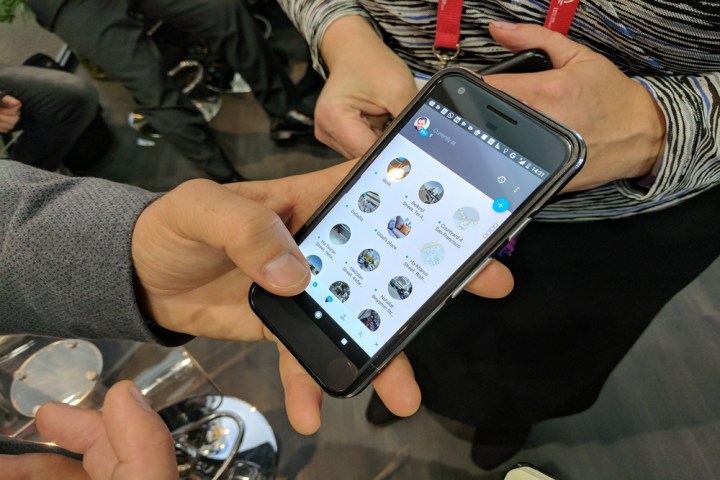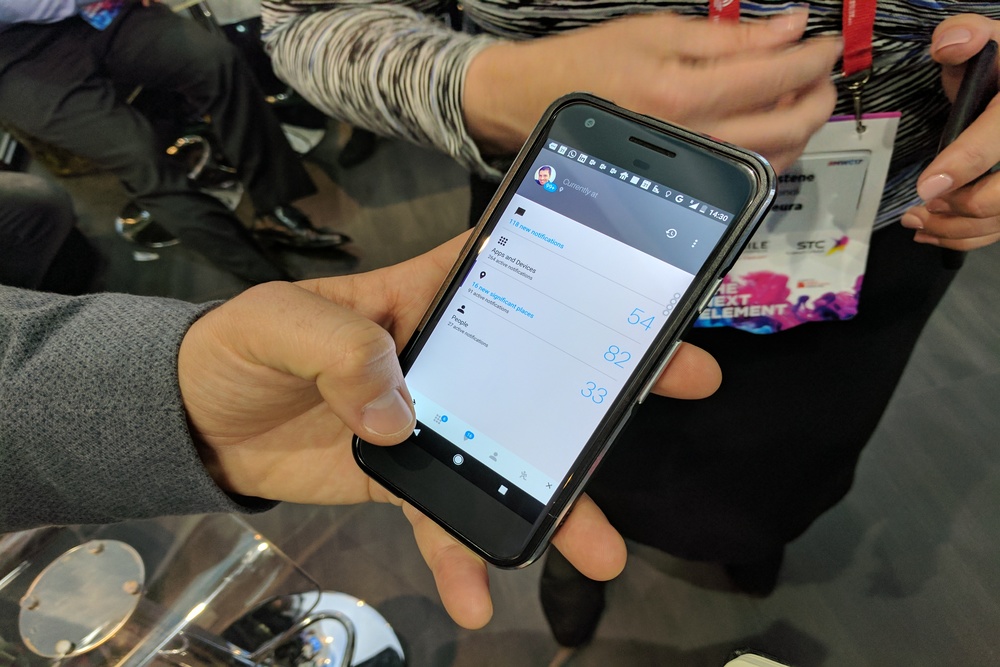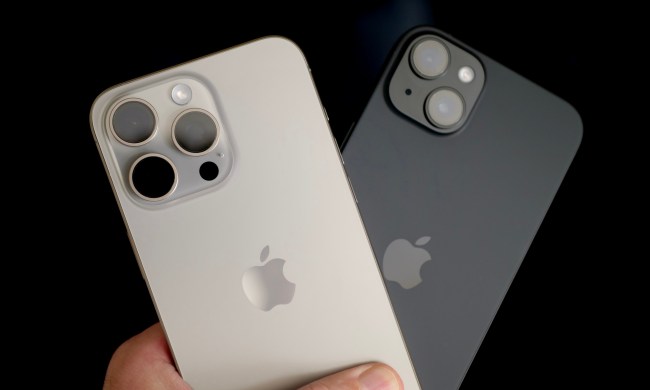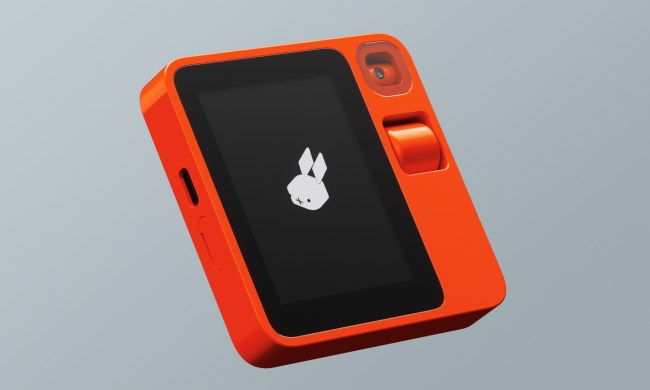

Gilad Meiri sees that as untapped potential.
Meiri is the CEO and founder of Neura AI, an artificial intelligence startup that develops some of the most advanced machine-learning algorithms. With enough data, Neura’s software can learn an incredible amount of information about your routine. It knows what time you’re likely to fall asleep on a particular weekday. It can tell if you’re at the office, your neighborhood gym, or a friend’s house. And it can even tell when you’ve missed a workout.
Meiri got the idea for Nuera when co-founder and Chief Technology Officer Triinu Magi fell sick for five months. After countless inconclusive MRI scans and doctor visits, she turned to data for answers. Magi, a data scientist by trade, recorded biometrics like heart rate, blood pressure, blood oxygen, and glucose, and correlated the data with a food diary. A pattern soon emerged: Dramatic spikes and dips in blood sugar after sugary snacks. Magi had a rare form of diabetes.
That data-driven work was the cornerstone for Neura. The algorithms, as Meiri described them to Digital Trends, tap every available source of information in a continuous search for trends, patterns, and correlations. They’re able to interpret data from more than 55 Internet of Things devices, including wearables like the Apple Watch and smartwatches running Google’s Android Wear operating system. They remember recent Wi-Fi hot spots, the locations you’ve been, upcoming appointments and meetings, and the friends and family you contact most often.
It’s all viewable in Neura’s mobile dashboard app. Meiri showed his personal account to Digital Trends, and the sheer volume of data sources was staggering: Neura was collecting information from 54 apps. “It probably knows me better than anyone else,” he said.
Neura is focusing on telemedicine. Earlier this year, it launched a medical adherence library designed to streamline the AI algorithms’ integration with medical and health apps. It includes a number of prebuilt features designed to “increase user engagement,” Meiri said, and “eliminate the need for app developers to write code … enabling them to complete integration in two hours or less.”
One of the most impressive implementations yet is a Neura-powered smart glucometer for diabetics. Thanks to Neura’s algorithmic insights, it “knows” that a particular patient should check her glucose levels before working out, and similarly “knows” when he or she arrives at the gym — prompting the glucometer to recommend action precisely at the critical moment.
Medisafe leverages Neura’s AI service to send pill reminders based on when a user wakes up and is predicted to go to sleep, which Meiri notes is a chronic problem. According to the Centers for Disease Control and Prevention, nearly 50 percent of Americans take prescription medications for one or more chronic illnesses like cardiovascular disease, diabetes, and asthma. An estimated three out of four fail to take their medications as directed.
In many cases, Neura has made a measurable difference in getting users to take direction. It’s driven an 88 percent increase in medical adherence, a 20 percent rise in user engagement, and a 31 percent boost in retention for wellness tracking.
“It thinks like a human,” Meiri said. “It’s not dependent on Google feeds.”
But it raises privacy concerns. Neura is collecting hundreds of data points every day and feeding that information to third-party apps and services, which subsequently use them for other purposes.
Meiri noted that Neura requires users to approve each data point individually — they have to review and give permission for each one. And he pointed out that Neura’s transparency sets it apart from most data-collecting services on the market. Ad networks like AOL, he said, aren’t always transparent about the information they’re collecting and using.
Ultimately, the privacy comfort level will depend on the person. But given the data, Neura’s already proven it can be a force for good.





